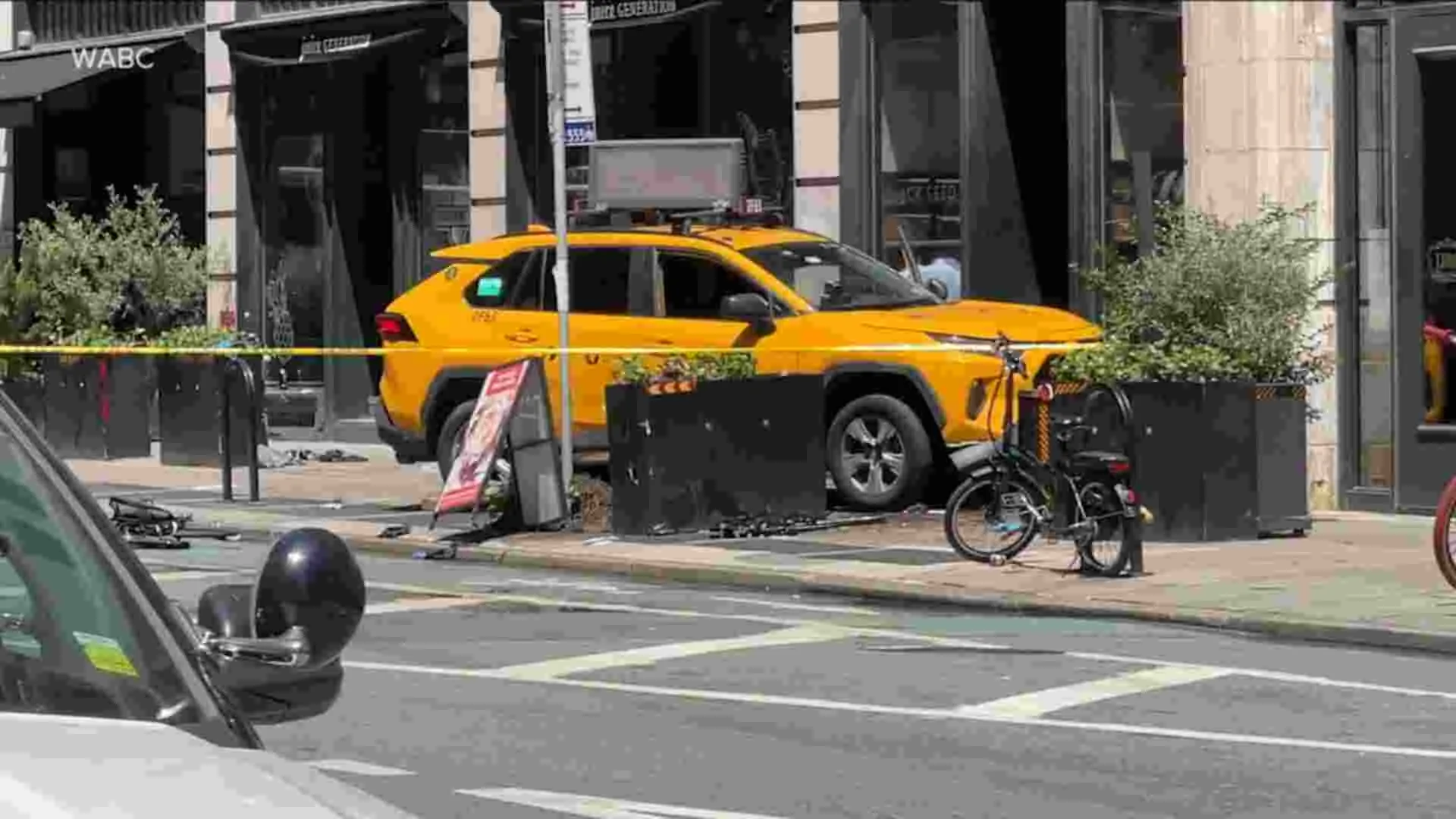Spring Semester at Princeton University saw renewed curriculum on Gender and Sexuality Studies (GSS). This time around several courses included “Queer Spaces in the World” and “Sex Workers and Sex Work” in a broad category that takes up exploration of all aspects of gender and sexuality.
Included among Princeton’s spring 2025 courses listed online are five bearing the word “queer,” including, “Love: Anthropological Explorations,” “Queer Spaces in the World,” “Power, Profit and Pleasure: Sex Workers and Sex Work,” “Disability and the Politics of Life,” and “The Poetics of Memory: Fragility and Liberation.
Queer Spaces in the World” is that course that will delve into discovering architectural histories through marginalized views. It emphasizes the significance of understanding how historical sources influence narratives and how important it is to fill the gaps in the historical record. The course description, as it appears on the website, underlines how feminist, gender, queer, and trans* theories are significant in creating inclusive histories: “How do we reconcile seeming absences and actual acts of erasure that stare back at us from the archive? How can feminist, gender, queer and trans* theory help us chart new avenues for writing critical architectural histories that are attentive to discourses of difference but also narratives of equity?”
The “Power, Profit and Pleasure: Sex Workers and Sex Work” class approaches the complex, and oftentimes stigmatized subject of sex work from different global perspectives. It analyzes various forms of sex work, including prostitution, erotic dancing, and online camming, taking into consideration issues like stigma, race, class, queer dynamics, and societal norms. Other topics that are investigated in this course include legal and economic challenges, marriage, monogamy, and social transformation. This is how the course description reads: “the ‘whore stigma,’ race, class and queer dynamics; law, labor and money; technologies of desire and spectacle; dirt, marriage and monogamy; carceral modernity; violence, agency and, above all, strategies for social transformation.”
The new curriculum of Princeton is on par with many US universities introducing courses on queer studies. Princeton has also revamped its curriculum and is in the league of many US universities who introduce courses on queer studies. The University of Chicago asked the rather provocative question through its “Queering God”: “Is God queer?” Texas Christian University has come out with “Queer Art of Drag,” wherein the course had students inventing their drag personas. All this pushes students to look into issues of identity, representation, and culture through diversity and critical analysis.














